The Securities and Futures Commission (SFC) of Hong Kong is revising its virtual currency policies in response to market changes and industry inquiries. New guidelines restrict some virtual currency products to professional investors and emphasize assessing client knowledge before transactions. This move acknowledges the ongoing global regulatory variations in the virtual asset sphere.
In a recent announcement, Hong Kong’s Securities and Futures Commission (SFC) has revealed its intent to overhaul its virtual currency policies in response to emerging market trends and inquiries from the industry. Under the updated rules, specific virtual currency products will only be accessible to professional investors. Moreover, intermediaries operating in the cryptocurrency sector must evaluate whether clients possess sufficient knowledge about virtual asset investments before conducting transactions.
The SFC highlighted the uneven global regulatory environment surrounding virtual assets, emphasizing that risks associated with these assets, as identified in 2018, remain applicable. The updated requirements categorize virtual assets as “complex products” and subject them to the same guidelines as traditional financial products. Notably, crypto exchange-traded funds and assets originating outside Hong Kong fall under this classification.
While the SFC’s actions align with global trends, it’s worth noting that many Hong Kong crypto users are still grappling with the aftermath of the JPEX crypto exchange scandal. In September, the SFC reported over 1,000 complaints related to JPEX, indicating substantial losses among users. Local authorities later arrested six JPEX employees for running an unlicensed crypto exchange. While it’s unclear whether these updates stem directly from the JPEX incident, the SFC had previously expressed its commitment to raising awareness of crypto-related risks, underscoring the importance of investor education and protection in the evolving digital asset landscape.

